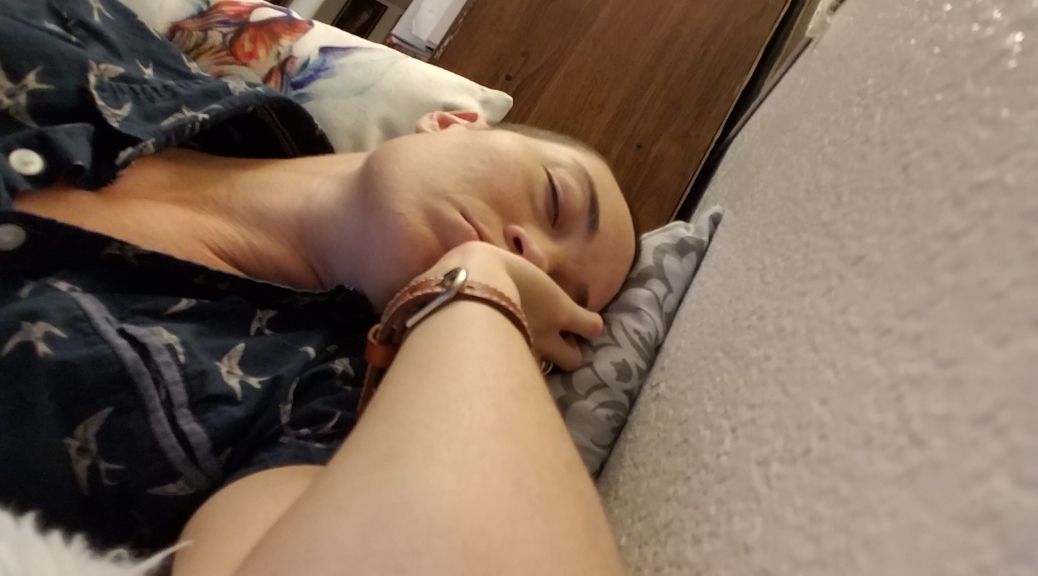My entrance into hands-on political engagement began in 2008.
President Barack Obama was the first president I could vote for after I turned 18. I volunteered for him in both 2008 & 2012 & shook his hand at a rally a week before the 2008 election. His hand was soft & wrinkly & thin. I didn’t wash my hand for a week for good luck (ok, yes, I know that’s gross).
I grew up overhearing whispers about President Bill Clinton’s impeachment, his iconic, “I did not have sexual relations with that woman” soundbite & then the grumbling about President George W. Bush’s “nuke-yule-er” pronunciation & his politics.
Obama restored my patriotism. I remember wanting to be a proud American again during his campaign and after his first election.
In college (2007 – 2008) I researched media portrayal of US womxn running for President & Vice President. There were only four to research: Shirley Chisholm (#BlackHistory), Geraldine Ferraro, Sarah Palin & Hillary Clinton. Since then, the number of womxn who’ve viably run for president has more than doubled.
For me, since college, jobs, moves across the country & buying my house; I’ve continued to be politically involved in different ways.
Since being diagnosed with AS, a debilitating progressive disease (watch my TEDx talk about it), I’ve seen a lot of politics via my healthcare advocacy/activism on local, state, & federal levels.
I know how politics work on the inside, from the outside, is what I’m saying. Continue reading Here’s Why I Endorsed Elizabeth Warren for President






